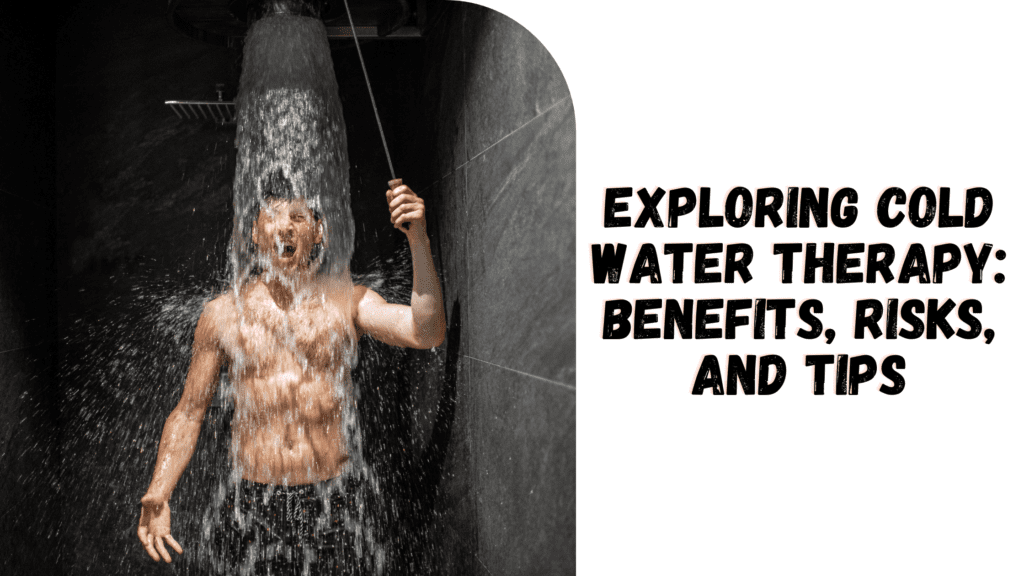
Table of Contents
Embrace the Chill: The Benefits and Risks of Cold Water Therapy.
For centuries, people have included cold water into their health and wellness practices. In ancient Egypt and Rome, they used ice baths. In ancient Greece cold water and snow were used be used to treat fevers and to stop wounds bleeding. In more recent times, celebrities, athletes and your next-door neighbour are publicising the benefits of cold water therapy. In this blog we are going to discuss whether cold water therapy improves your health and if it is safe.
Benefits:
- Muscle Recovery: Having a cold water bath or an ice bath after a workout helps to reduce inflammation and muscle swelling as the cold water constricts your blood vessels. This leads to faster recovery times and a decrease in muscle soreness.
- Sharper Mind and Improved Mood: Exposure to cold water can trigger the release of endorphins. Endorphins are the body’s natural mood elevators that cause feelings of alertness, reduce stress, and increase happiness. Research has shown cold water therapy can help in the management of anxiety and depression.
- Improved Circulation: Cold water causes the body to send a rush of blood to your vital organs so that your core temperature is maintained. This can help improve overall blood flow and benefit your cardiovascular health.
- Improved Immunity: A lot of research is being done into this area, but it is thought that cold water therapy activates the immune system and therefore improves your body’s ability to be resistant to illnesses such as colds.
- Weight: Drinking cold water slightly increases your resting metabolic rate as your body has to work to get your body back to it’s normal core temperature. This can lead to a small boost in the number of calories you burn over time.
Risks:
Although there are many benefits, it is important to consider the potential risks associated with cold water therapy.
- Cold Shock Response: Submerging yourself in cold water can trigger a sudden and significant increase in your heart and breathing rate. This can trigger a flight or fight response which can be very dangerous for individuals with heart conditions or high blood pressure. There have been calls for people to have a review by a medical professional before engaging in cold water therapy with companies as there have been some fatal incidents in individuals who had undiagnosed heart conditions.
- Hypothermia: This is a potentially life-threatening condition in which your body temperature drops too low. Therefore, it is important to monitor the water temperature and the time spent in these conditions.
- Skin and Hair Sensitivity: Cold water can be harsh on people who have sensitive hair or skin. It can cause dryness and irritation. Therefore, when you start, gradually decrease the temperature.
How to Engage in Cold Water Therapy Safely
If you would like to add some cold water therapy into your routine here are some tips so that it ca be a safe and successful experience:
- Start Slow: Start with having a 30 second cold shower at the end of your usual shower. Then slowly increase the duration and temperature of the cold shower as you acclimatise to the cold water.
- Listen To Your Body: Be attentive to how you are feeling and stop if you are really uncomfortable, become dizzy, faint, or have difficulty breathing.
- Focus On Your Breathing: Taking deep and controlled breaths helps to decrease the body’s stress response to the cold water.
- Warm Up Afterwards: Once your session has finished make sure you dry yourself and warm up to prevent prolonged exposure to the cold.
- Consult Your GP: If you have any existing health conditions or are concerned then please consult your GP before you embark on any cold water therapy.
- Find A Friend: If you are doing outdoor cold water therapy then make sure you do not go alone. Cold water can be unpredictable and for safety and support it would be prudent to go with someone.
Other ways to incorporate cold water into your daily routine could be:
- Starting your day with splashing cold water on your face every morning.
- Apply ice packs or cold cloths to your muscles after exercise.
- Drink cold water throughout the day.
Whether you are someone who is curious or an expert in using cold water therapy remember that awareness and moderation are key. Cold water therapy can be a powerful tool to improve your health but caution is advised. By starting slow, listening to your body, and prioritising safety you can become healthier and happier.
Please use the comments section to share your experiences with cold water therapy, ask each other questions or suggest any relevant resources.
Conclusion:
In conclusion, cold water therapy presents a fascinating and beneficial practice with a range of health advantages, from enhancing muscle recovery and boosting the immune system to improving mental well-being.
However, it’s crucial to approach this therapy with caution, especially for beginners and those with pre-existing health conditions. Starting gradually, listening to your body, and possibly consulting a healthcare professional are key steps to safely incorporating cold water therapy into your routine.
As we have explored, the potential benefits are significant, making this age-old practice a valuable addition to a modern wellness regime. Whether you’re seeking physical rejuvenation or mental clarity, cold water therapy could be the refreshing change you need. Remember, the journey to well-being is personal and varied, and cold water therapy might just be the invigorating step you’re looking for in your wellness journey.
References
- Bupa UK: Is cold water therapy good for you?
- Reader’s Digest UK: Why cold water therapy is good for your health
- Time To Float: Cold Water Therapy: The Ultimate No.1 Weight Loss Guide
THANK YOU
Thank you for dedicating your time to learning about cold water therapy through our article; understanding such a critical aspect of mental health is indeed essential. We’re here to provide you with the information you need. We invite you to explore our diverse collection of Blogs posts for more insightful perspectives on topics that matter to you. From in-depth articles on health and wellness to enlightening pieces on current global issues, we strive to bring you content that informs, inspires, and engages.
Disclaimer: Please note our blogs are for informational purposes only and does not substitute for professional medical advice. Please consult your doctor for further advice.

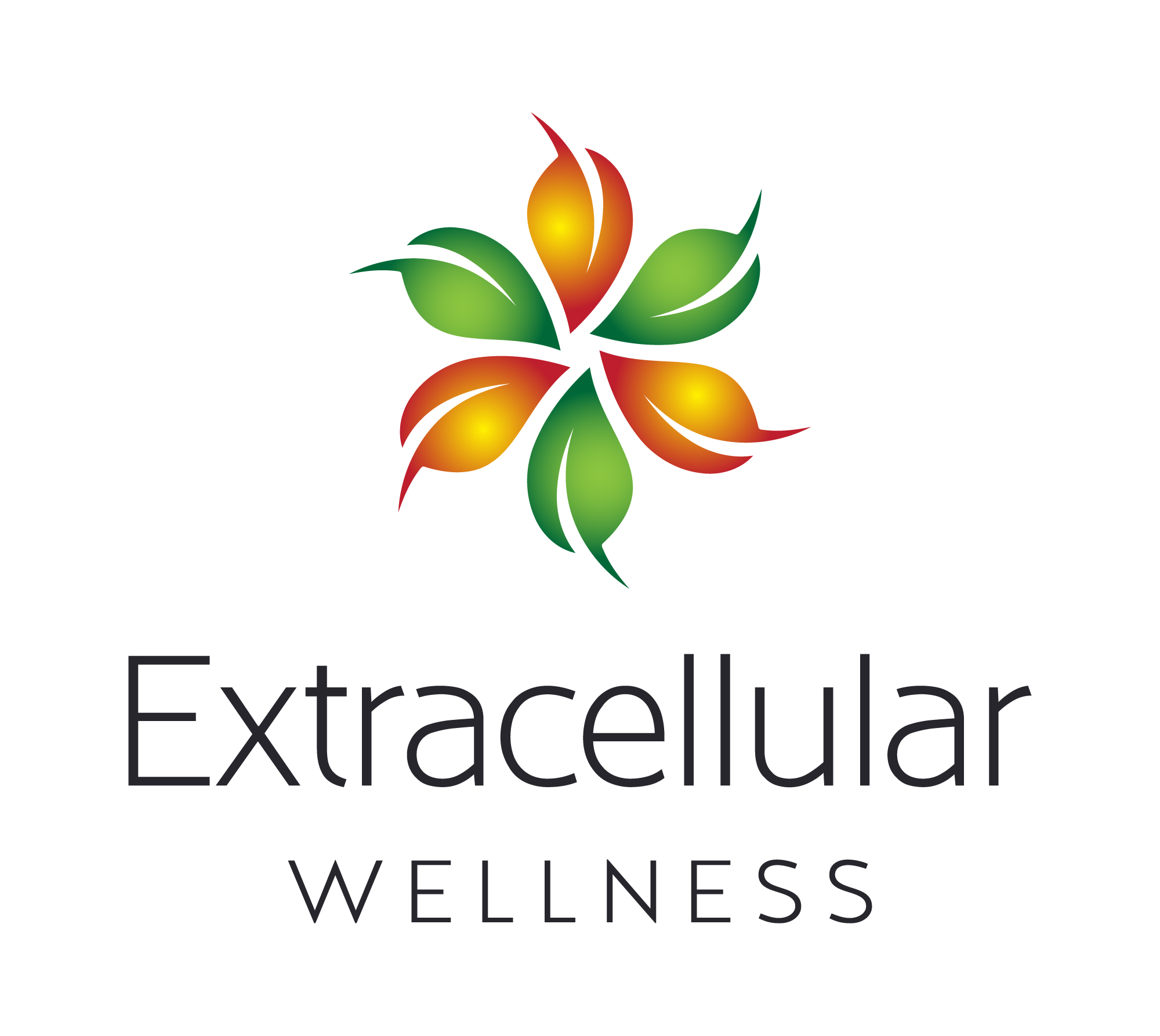
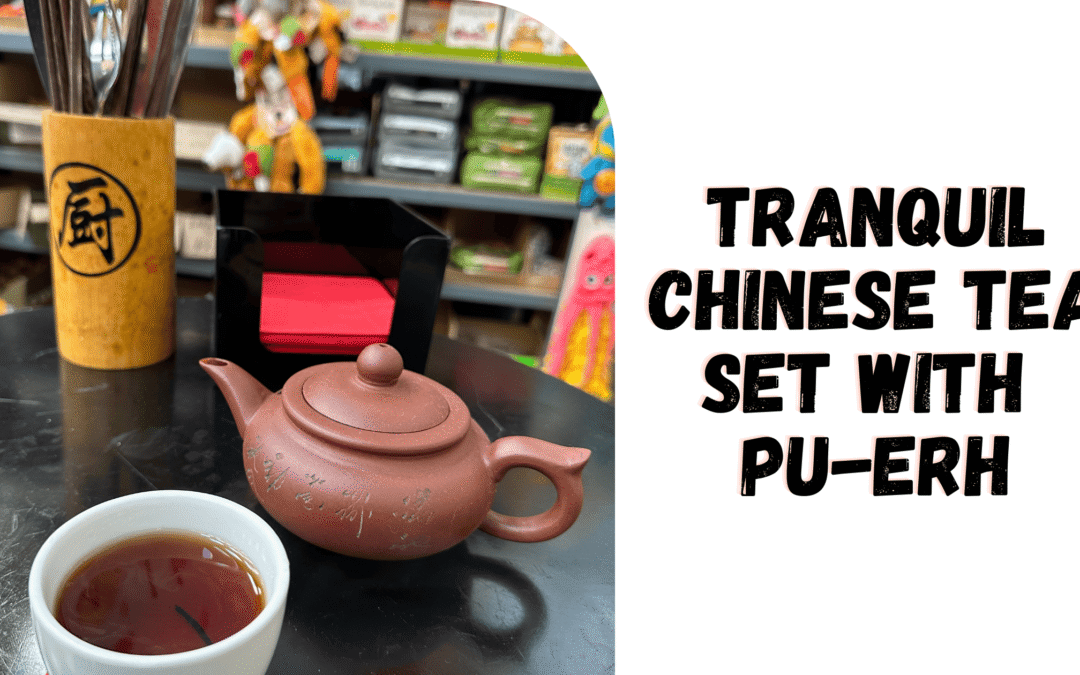

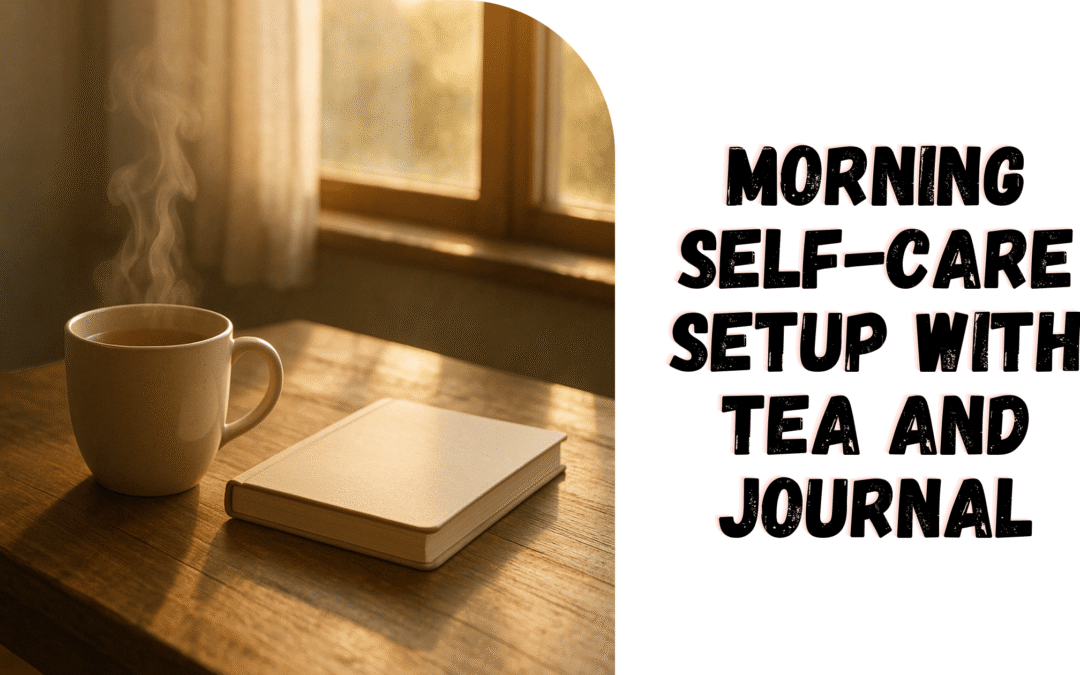



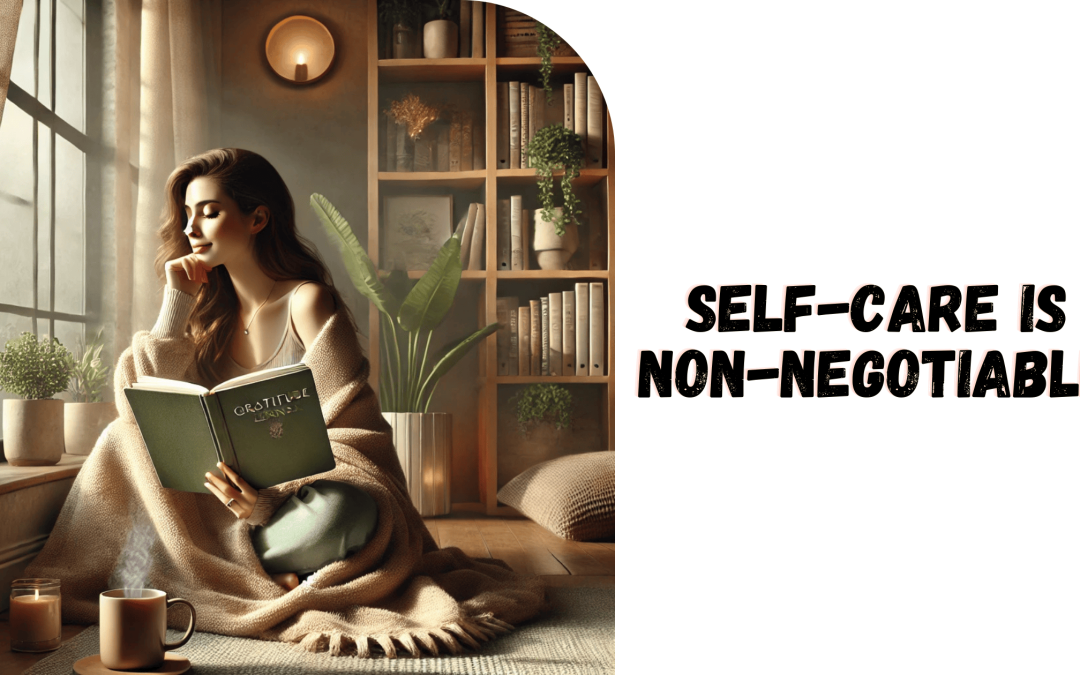






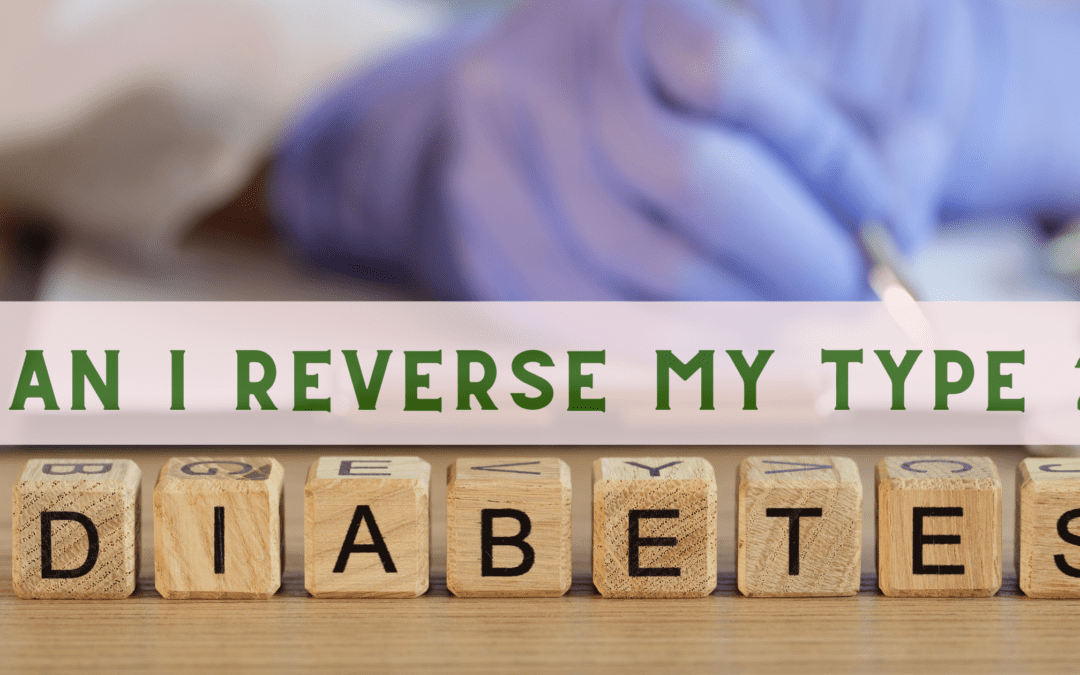



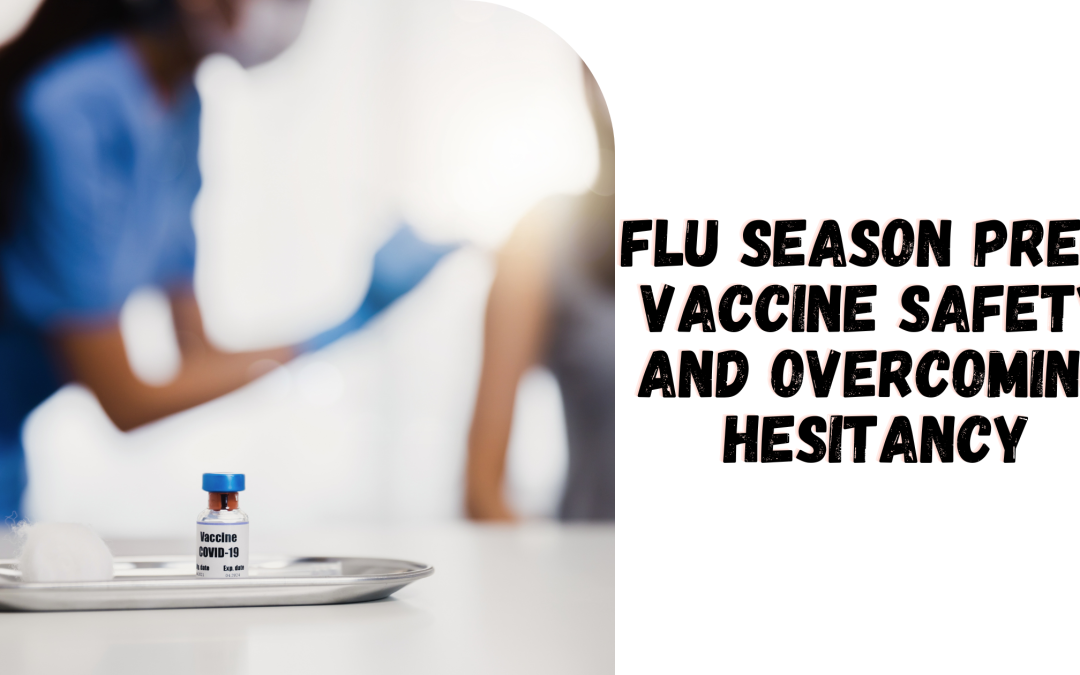

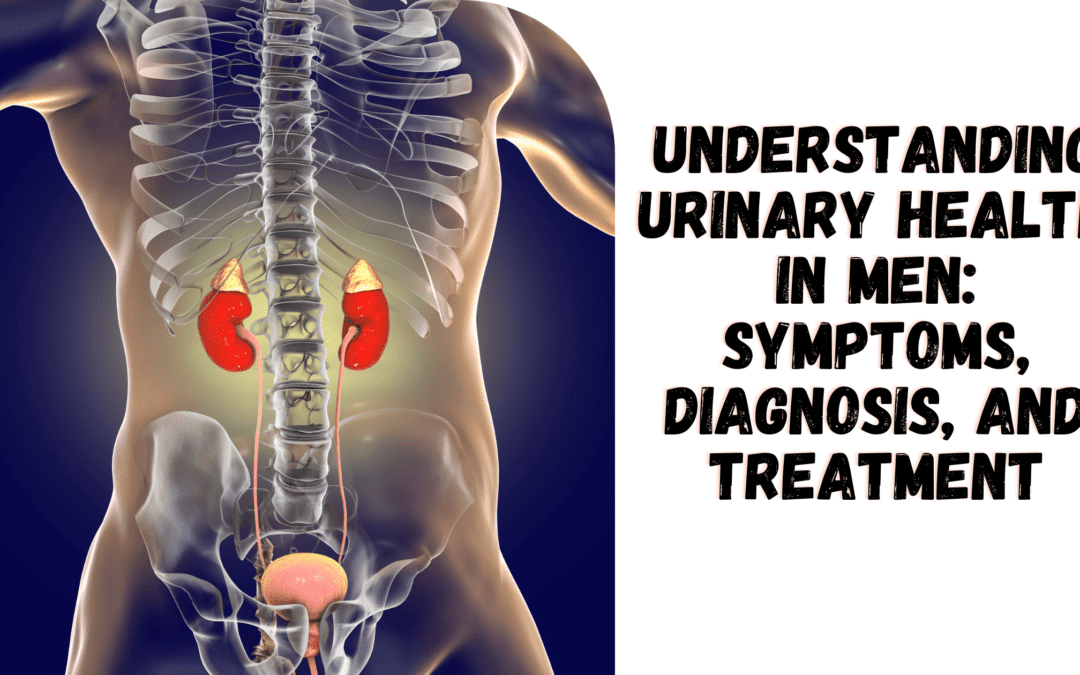

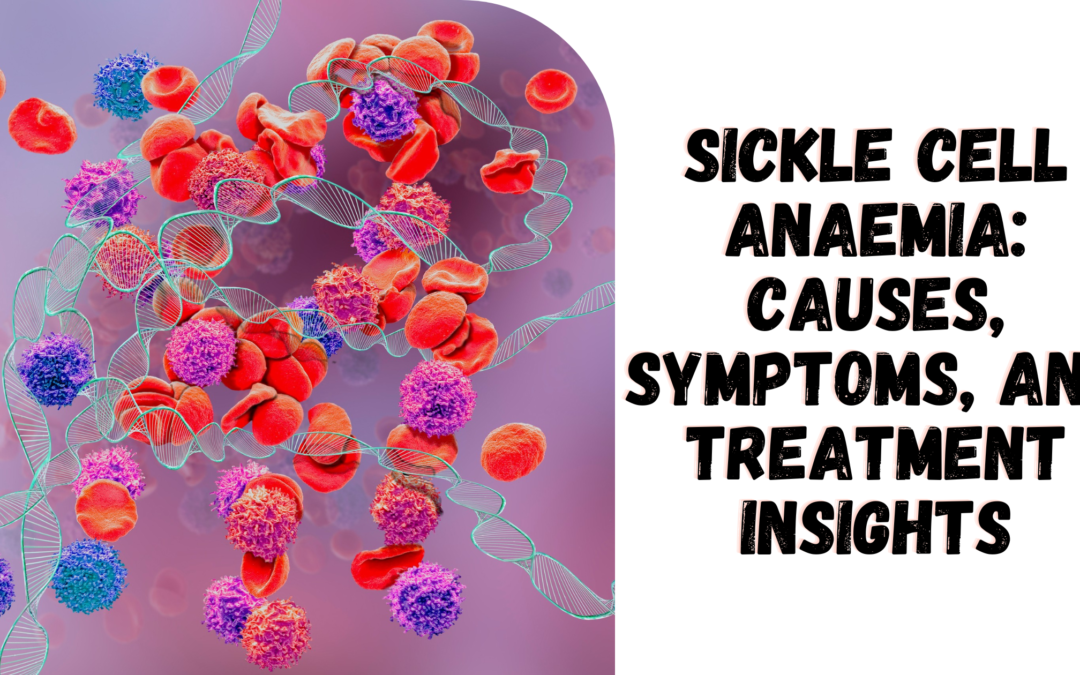
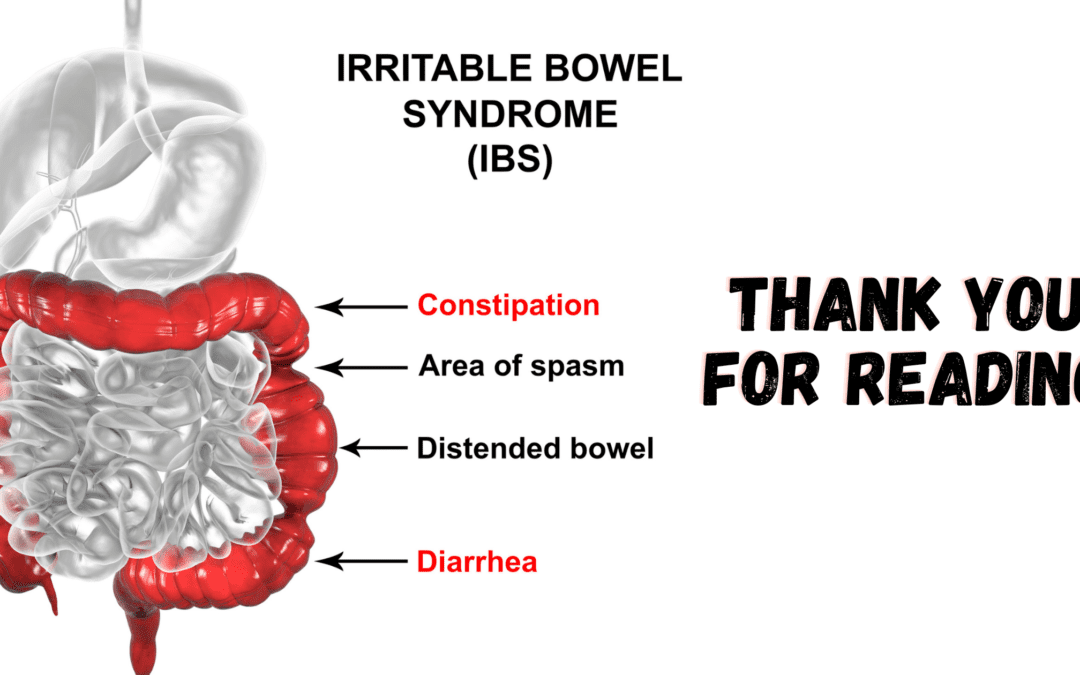

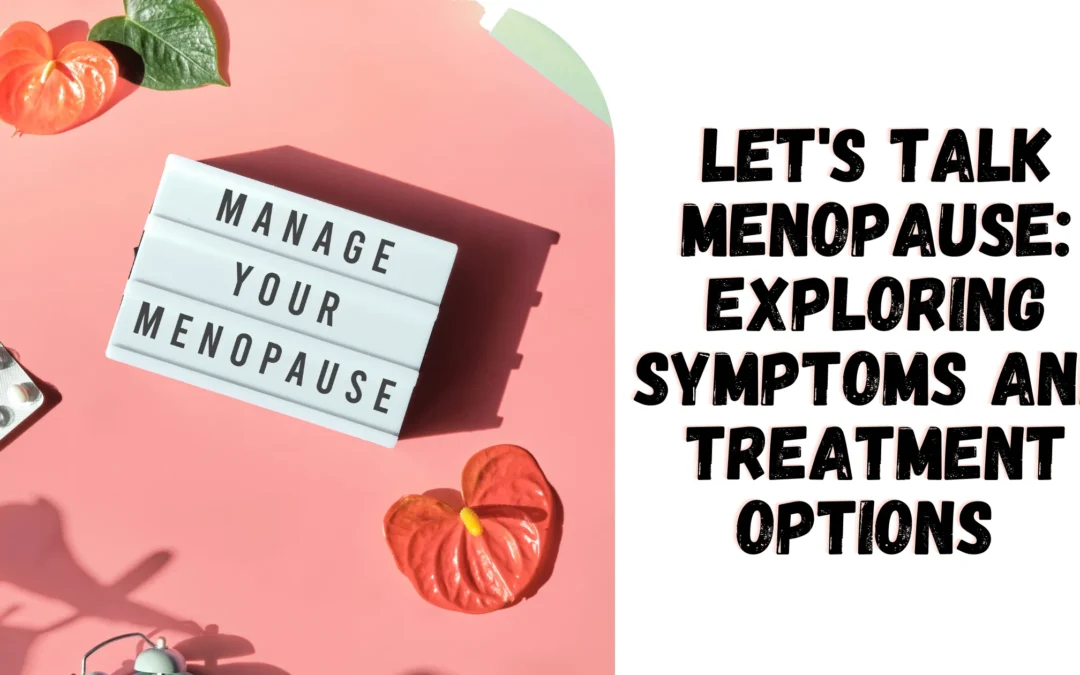
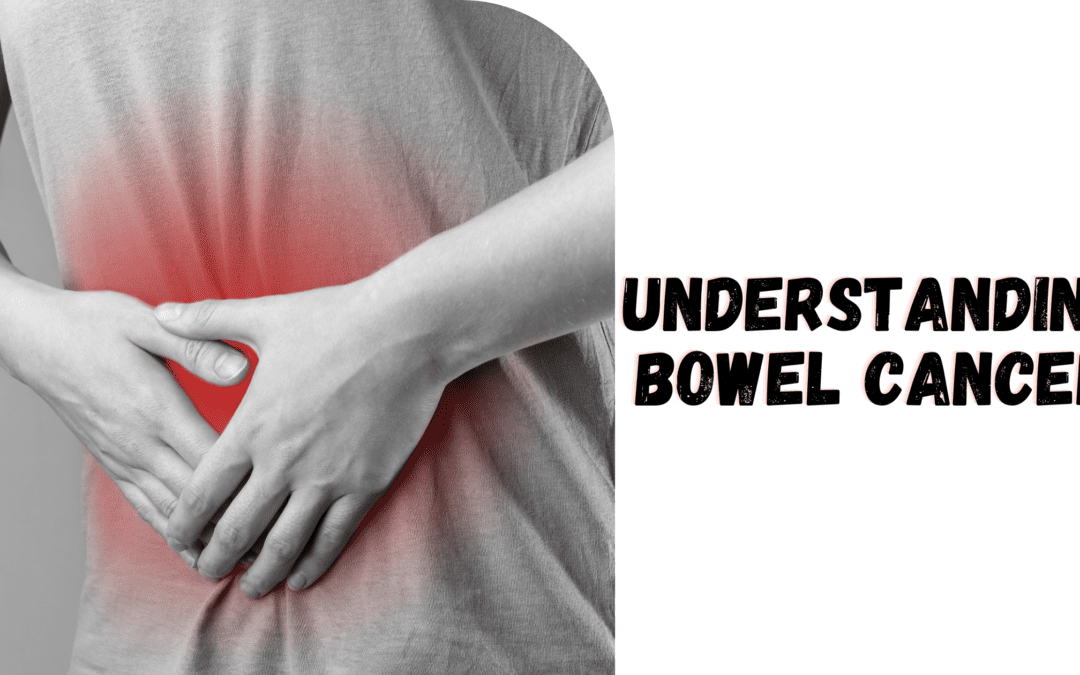
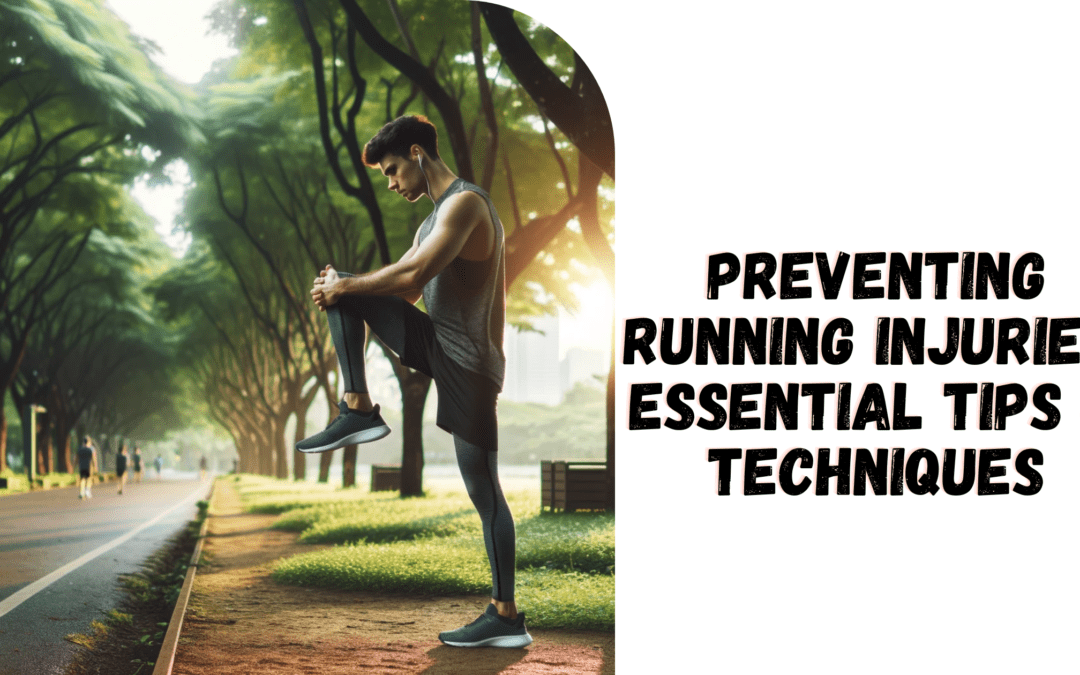
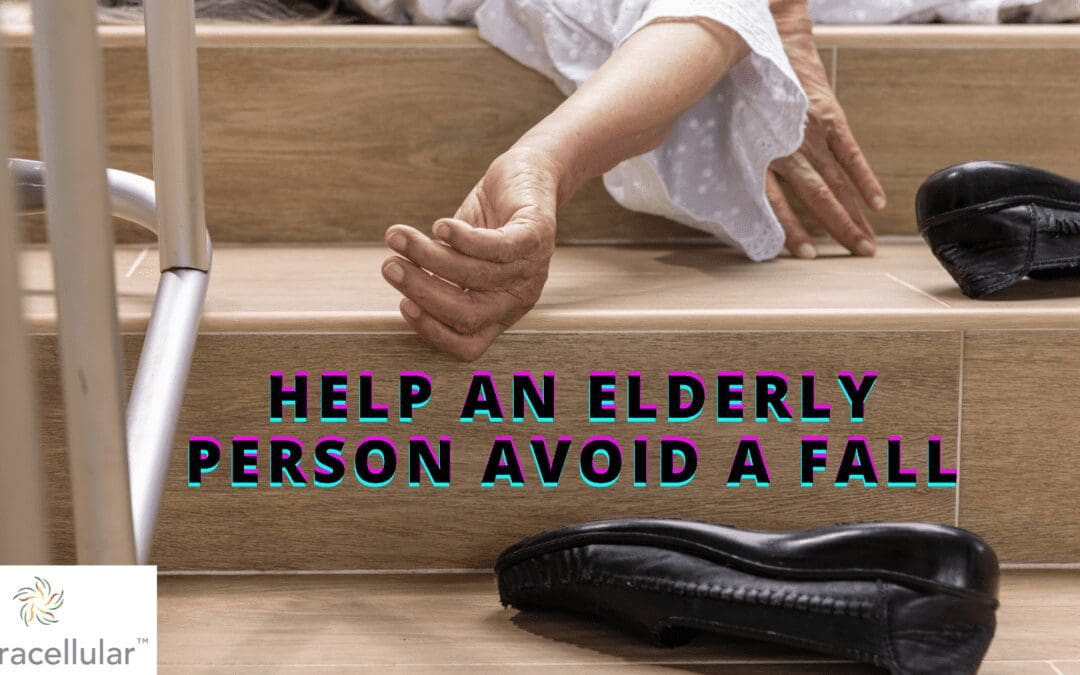



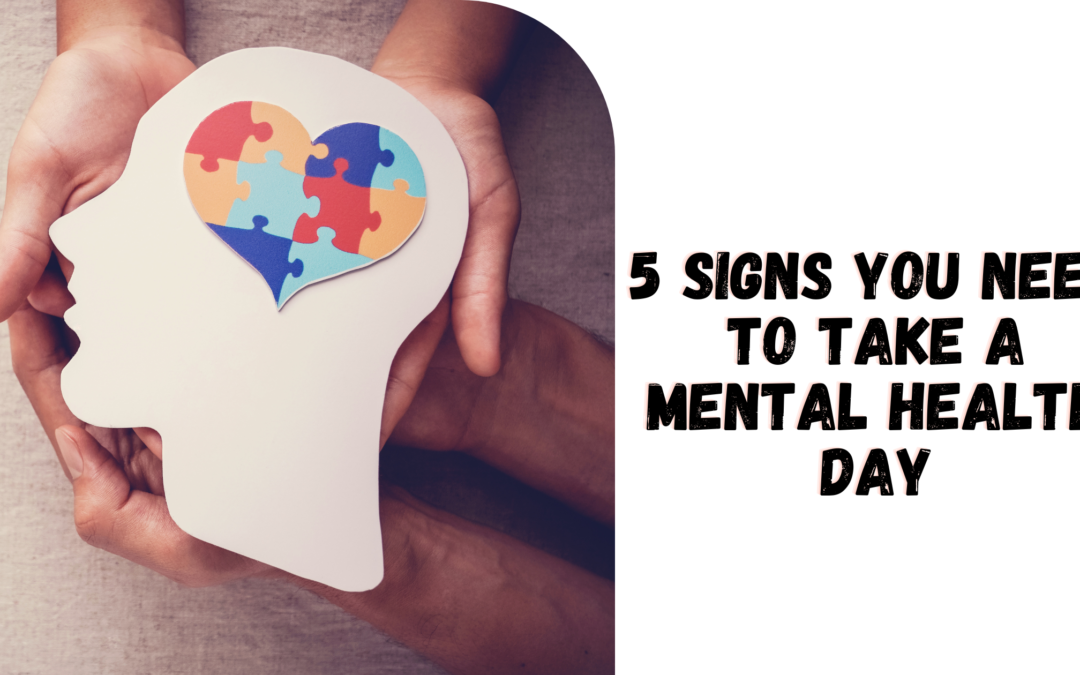

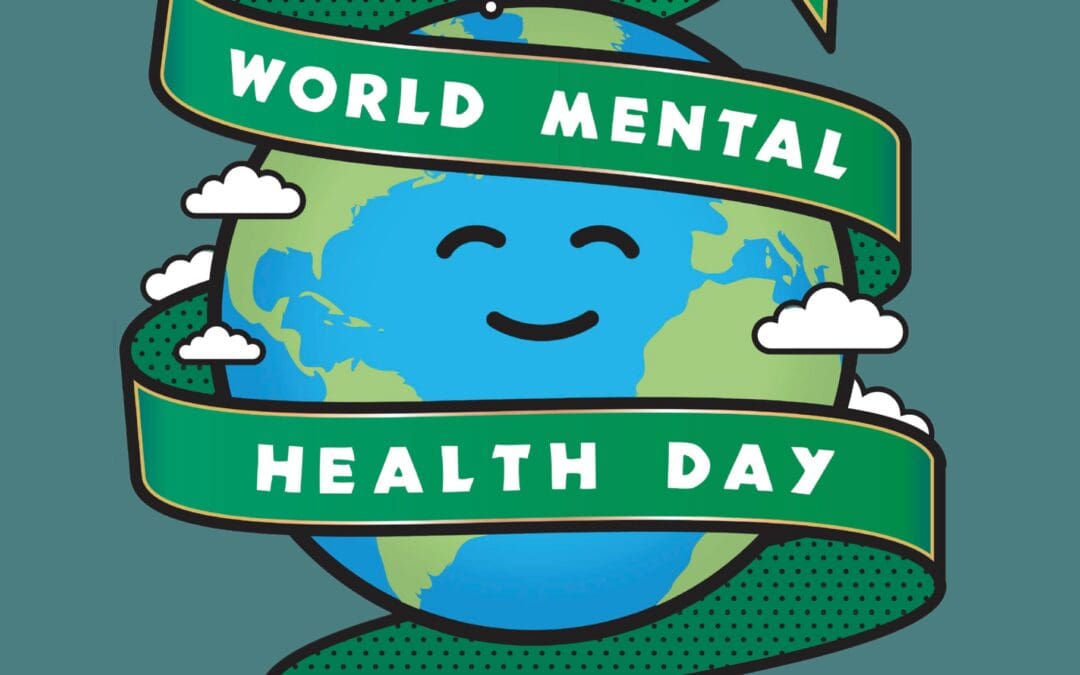
















0 Comments